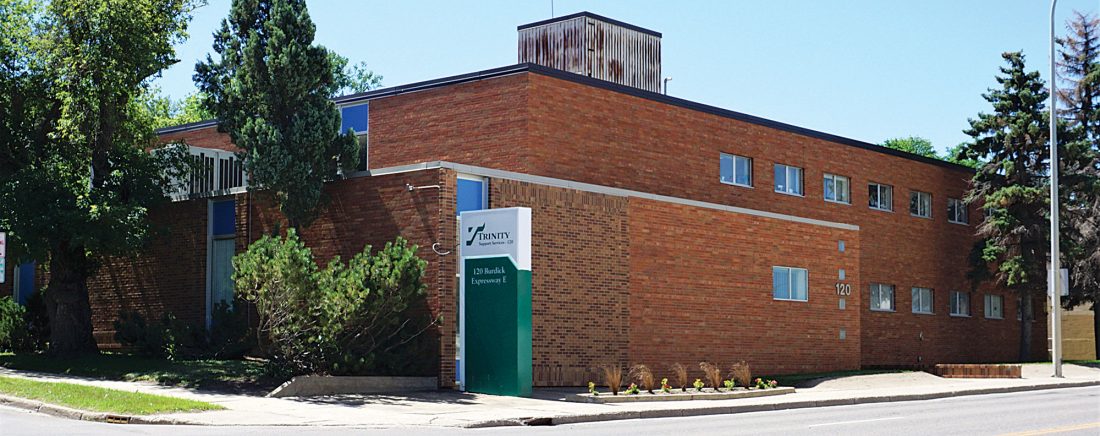MINOT, N.D. – Resilience dollars set aside for a downtown gathering place will be re-directed toward relocation of Minot’s city hall and creation of a technical education center with federal approval of the change.
The City of Minot announced Tuesday that the U.S. Department of Housing and Urban Development has approved a substantial amendment to the city’s National Disaster Resilience program to reallocate $6 million from the now abandoned gathering space project. The $6 million is part of the $74.3 million total grant awarded to Minot in 2016 through HUD’s National Disaster Resilience competition.
John Zakian, the City of Minot’s NDR program manager, said the $6 million will be split with $4 million going to the relocation of City Hall and the Minot Police Department’s central dispatch and $2 million to the Center for Technical Education.
“HUD’s approval with no conditions reinforces their continued confidence in the City of Minot’s management of the federal grants, especially our commitment to assuring strict compliance with all applicable federal rules and regulations,” Zakian said.
Because both projects were already funded within the Community Development Block Grant National Disaster Resilience Action Plan, the City has launched the required environmental review process. HUD approval on the City Hall environmental review is expected within two weeks. The city council had voted to pursue renovation of the former Wells Fargo building downtown.
The approval of the environmental review for the Center for Technical Education is expected around Labor Day. The location is a Trinity Health building at 120 E. Burdick.
Once the environmental approvals have been received, the city can proceed.
Both projects are planned to be located in downtown Minot; one of the program’s goals is to invest CDBG-NDR funds to support sustained growth.
The gathering space component of the City’s CDBG-NDR Action Plan was eliminated by the city council in April after agreement could not be reached on a suitable site in downtown Minot.
NDR funds must be spent by Sept. 30, 2022, although the program’s 13 grantees have requested that deadline be extended to 2025.


